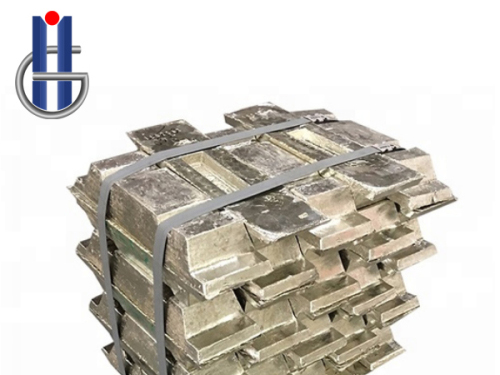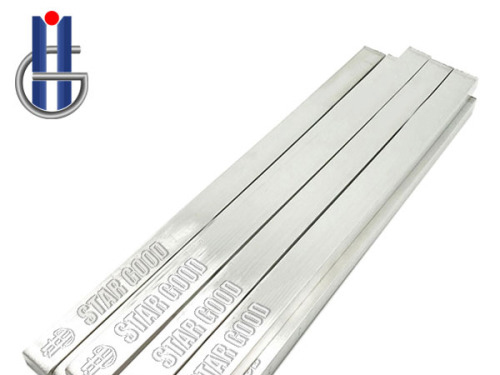Tin ingot, a malleable and versatile metal, plays a crucial role in various industrial applications, showcasing its importance in modern manufacturing processes. With a wide array of uses,
tin ingots contribute to the production of countless products that touch our daily lives.
Derived from tin ore through a smelting process,
tin ingots serve as a fundamental material in the manufacturing of solder. Solder, a fusible metal alloy, is indispensable in the electronics industry for creating reliable connections in circuit boards and electronic components. The malleability of tin ensures a secure bond, promoting efficiency and longevity in electronic devices.
In addition to its role in electronics, tin ingots are vital in the production of tin plating. Tin-plated surfaces offer corrosion resistance, enhancing the durability of products such as food containers, packaging materials, and various household items. This corrosion-resistant property also makes tin an essential component in the manufacturing of bearings, providing smooth and reliable mechanical operations in machinery.
Furthermore, the alloying properties of tin make it an integral part of bronze, enhancing the strength and corrosion resistance of this historically significant metal. Bronze, composed of copper and tin, has been utilized for centuries in the creation of statues, sculptures, and architectural elements.
As industries continue to evolve, the importance of tin ingots persists, touching diverse sectors ranging from electronics to construction. Its unique properties make tin ingots a cornerstone in the creation of reliable, durable, and technologically advanced products that shape the modern world.

 High Purity Tin Ingot: Crucial Applications and Benefits
High Purity Tin Ingot: Crucial Applications and Benefits
 Pure Tin Ingot: Essential Material for Diverse Industrial Applications
Pure Tin Ingot: Essential Material for Diverse Industrial Applications
 Unlocking the Potential of Pure Tin Bars: Essential Components for Diverse Industries
Unlocking the Potential of Pure Tin Bars: Essential Components for Diverse Industries
 Lead Bar for Sale: Uses, Specifications, and Buying Considerations
Lead Bar for Sale: Uses, Specifications, and Buying Considerations
